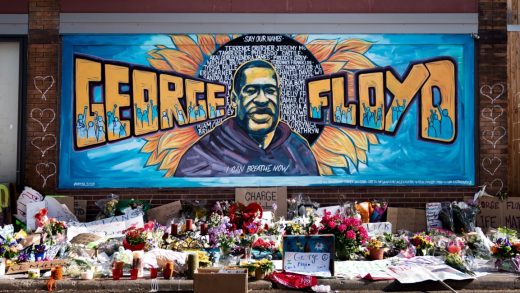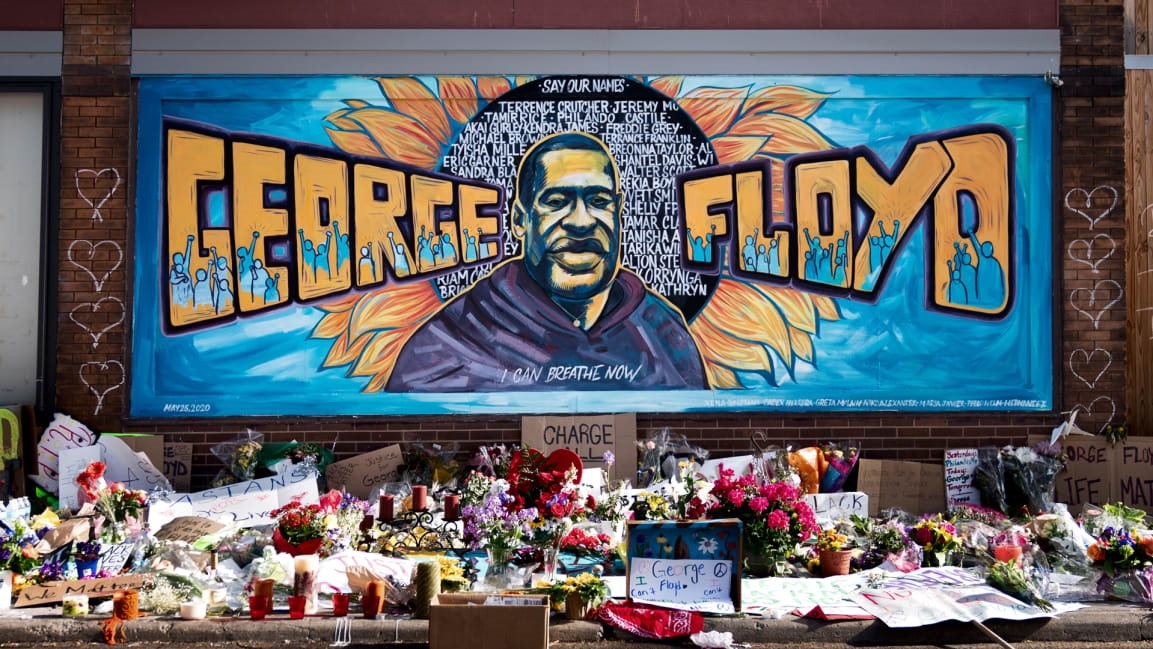Darnella Frazier, who filmed George Floyd’s murder, awarded Pulitzer special citation
Frazier was just 17 years old when she caught Floyd’s final moments on camera. Her footage contradicted the initial police account, and without her documentation, we might all only know Floyd’s death as the original police statement described it: a “medical incident during a police interaction.”
“Even though this was a traumatic life-changing experience for me, I’m proud of myself,” Frazier wrote in an Instagram post on May 25, 2021, the first anniversary of Floyd’s death. “If it weren’t for my video, the world wouldn’t have known the truth. I own that. My video didn’t save George Floyd, but it put his murderer away and off the streets.”
Headlines throughout 2020 were dominated by those protests and the Black Lives Matter movement that gained attention in the wake of Floyd’s death. The staff of the Star Tribune of Minneapolis also received a Pulitzer for breaking news for its “authoritative and nuanced” coverage of Floyd’s murder and the history of “renegade police” in Minneapolis’s Third Precinct.
The New York Times won the Pulitzer’s public service award for its “prescient and sweeping” reporting of another 2020 headline-dominating event: the COVID-19 pandemic. The Pulitzer board noted that the Times filled “a data vacuum that helped local governments, health care providers, businesses and individuals to be better prepared and protected.”
Other winners include the staffs of The Marshall Project, AL.com of Birmingham, Alabama; IndyStar of Indianapolis, and the Invisible Institute of Chicago for their national reporting on attacks by police K-9 units; Megha Rajagopalan, Alison Killing, and Christo Buschek of BuzzFeed News for their international reporting on internment camps in China that persecuted Muslim minorities; and Michael Paul Williams of the Richmond Times-Dispatch in Virginia for their commentary on Richmond dismantling Confederate monuments. See the full list of winners here.
(34)



